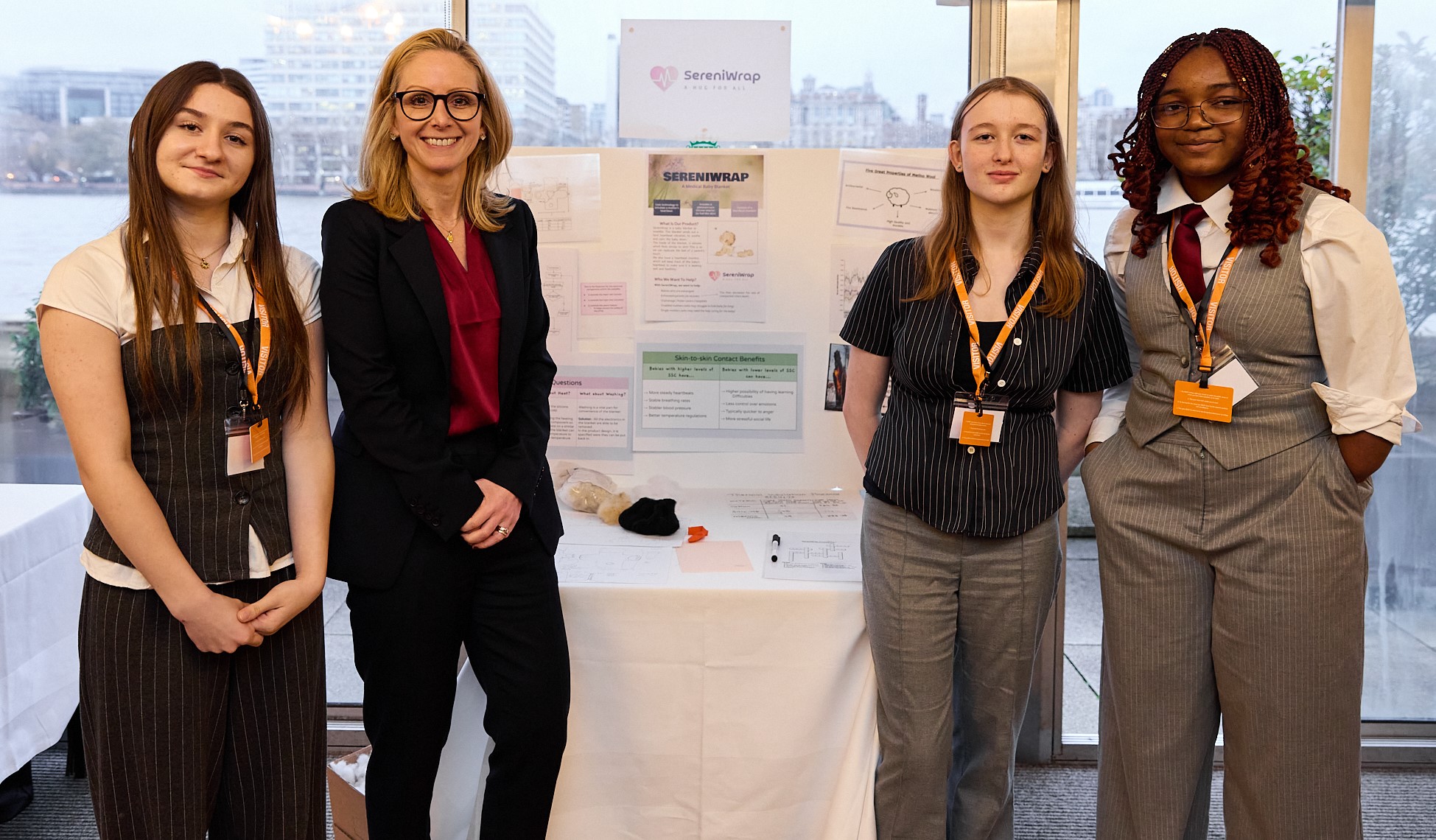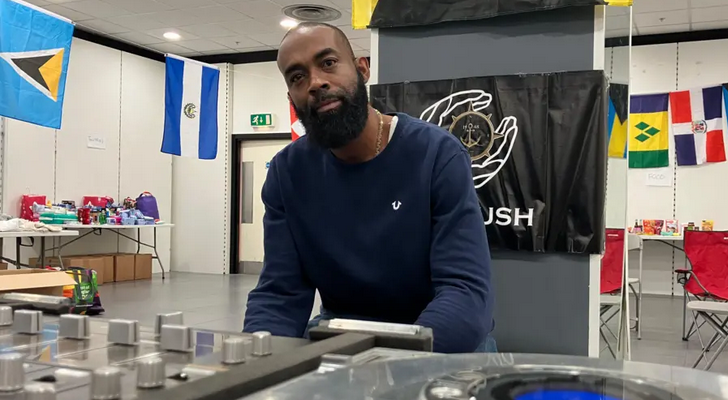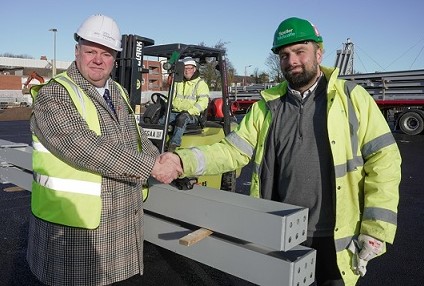Almost nine in ten local authorities (86 per cent) in the West Midlands are still limiting homecare visits for their elderly, ill and disabled residents to just 15 minutes, says UNISON in a report published. The report – entitled Suffering Alone at Home – is based on an online survey of 1,100 homecare workers and data obtained from a Freedom of Information request (FoI) to the 152 local authorities in England that commission social care visits.
The UNISON survey findings mirror those of the FoI request to local councils. Three quarters (74 per cent) of homecare workers who responded felt they did not have enough time to provide dignified care for the elderly and disabled people they visited. Worryingly says UNISON, 61 per cent said visits of just a quarter of an hour meant they frequently had to rush the care of people who were over 90 years old.
A similar report by UNISON in 2014 showed that the same proportion of councils (74 per cent) were regularly using 15 minute visits. Given the harsh financial climate in which local authorities are operating, UNISON says it is not surprised that there has been no change in the numbers, and fears the situation will only get worse.
The 2015 survey findings show more than half the homecare workers (57 per cent) have been asked to provide personal care in 15 minutes or less with an elderly person they have never met before.
The limited time allocated means the majority of workers (85 per cent) said they regularly didn't even have time for a conversation during some homecare visits. One third (32 per cent) said they have no time to address people’s personal hygiene needs such as washing, and a quarter (24 per cent) have no time to take people to the toilet.
Half (49 per cent) said a quarter of an hour wasn’t long enough to prepare a nutritional meal, and the same proportion said the shortness of the visit meant there was no time to assess any change in the person’s health.
Homecare workers found the limited time they are able to spend with each person distressing because the majority (82 per cent) of the people they saw on their rounds suffered from dementia and more than three quarters (78 per cent) had mobility issues. More than half (53 per cent) were stroke victims, had mental health issues (51 per cent) and 42 per cent had Parkinson’s disease. Many will have multiple conditions.
Homecare workers also said that more than a third (37 per cent) of the people they saw have hardly ever had visits from friends or relatives, which is why they felt it was important to be able to spend time in each person’s home.
UNISON General Secretary Dave Prentis said: “It is heartbreaking and distressing that many elderly and disabled people are not being cared for in a humane and dignified manner. Homecare workers have shared their harrowing stories with a strong sense of sadness, guilt, anger, and ultimately disgust, at a broken homecare system.
“Eye-watering cuts imposed by the government mean councils are still booking the shortest possible visits to care for vulnerable, frail and isolated elderly people. Homecare workers are often the only face some people see all day, and they are a lifeline – only they can call for help and ensure that the housebound people they care for are fed, washed and well.
“Although the government is going to allow local authorities to raise council tax to fund social care, the crisis is so great that any extra cash will barely touch the sides. It will also be of little help to deprived areas – where the need for home care visits is greater.
"With the challenge of an ageing population living longer, care planning and adequate funding for social care should be a government priority and it clearly is not. Ministers should stop passing the social care buck to councils, and dig deep to find the cash from Treasury coffers to provide dignified care for the elderly. Rushed 15 minute homecare visits should have no place in a modern, caring society.”
















